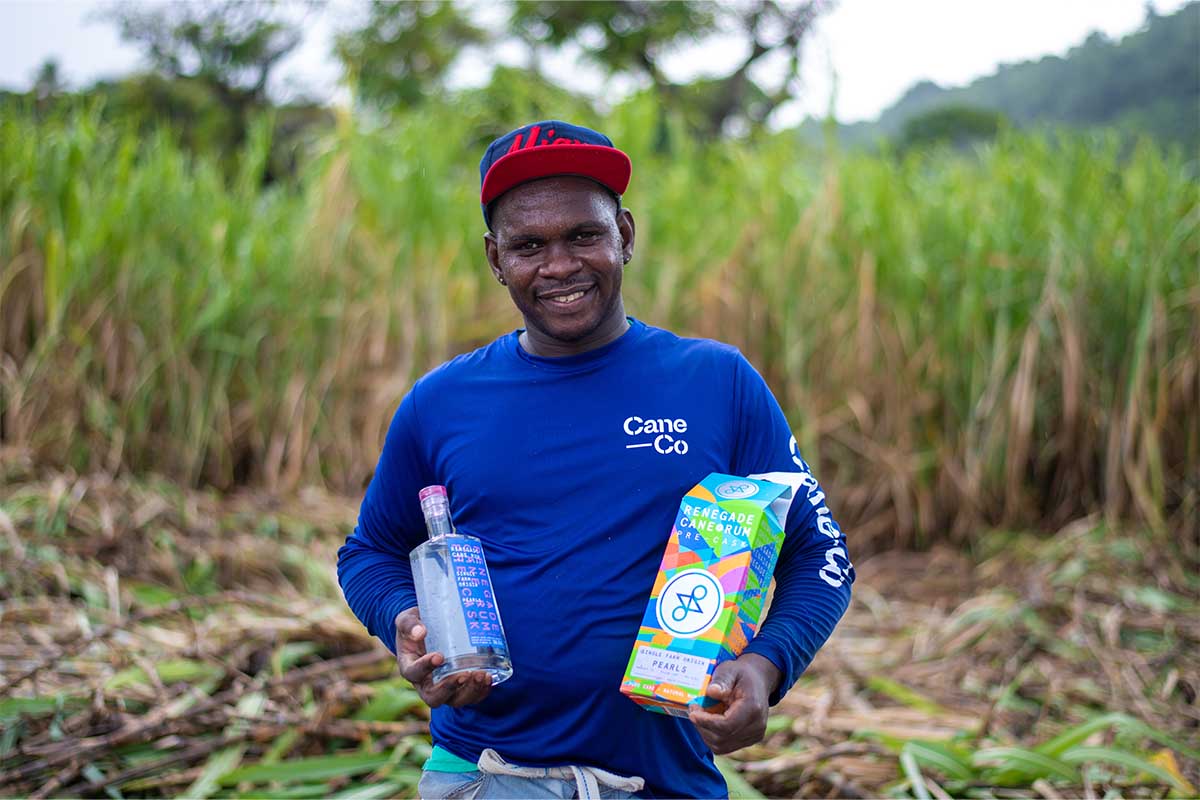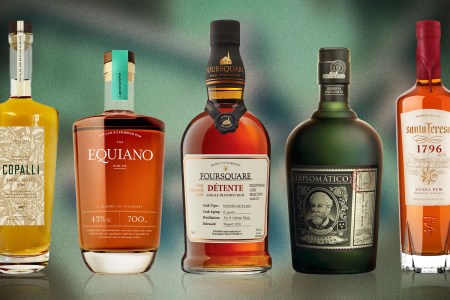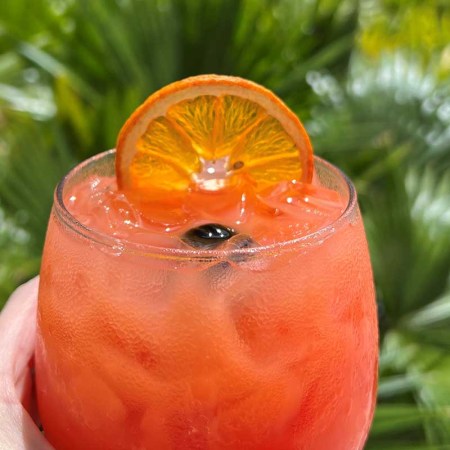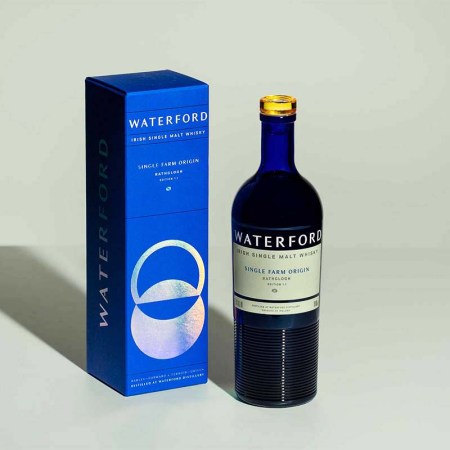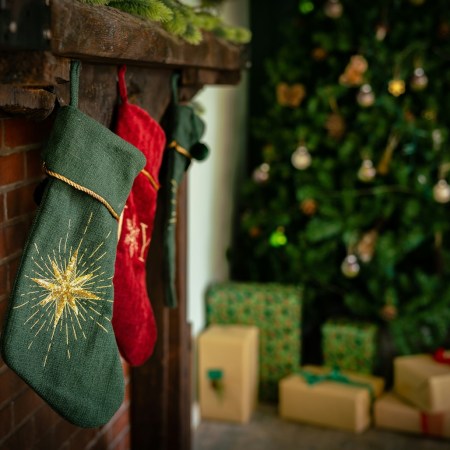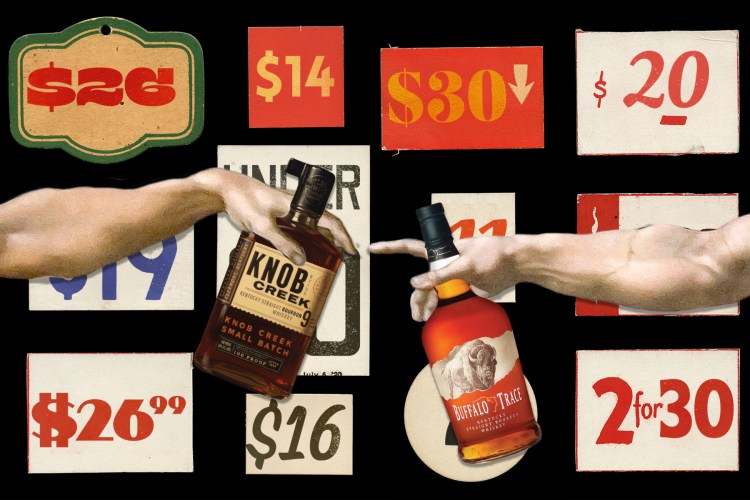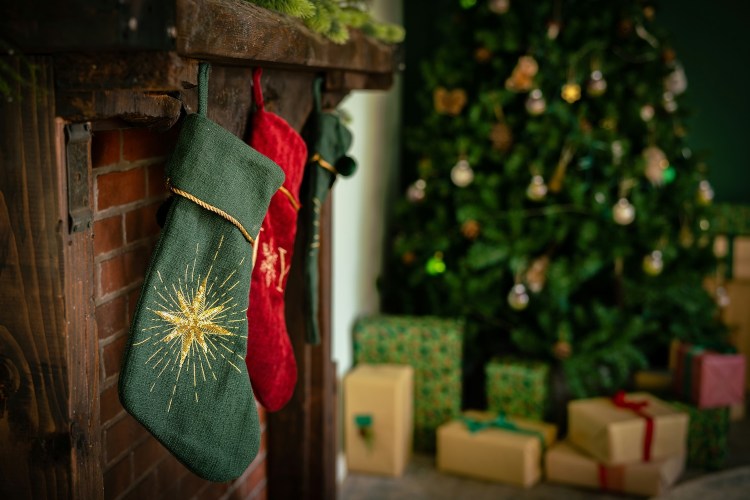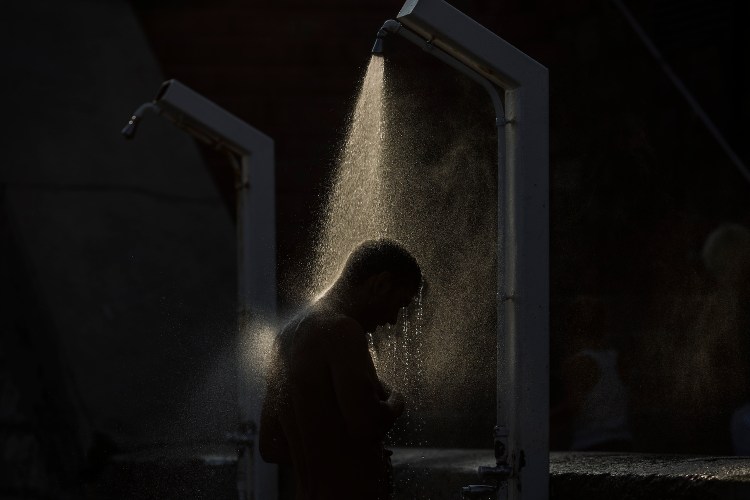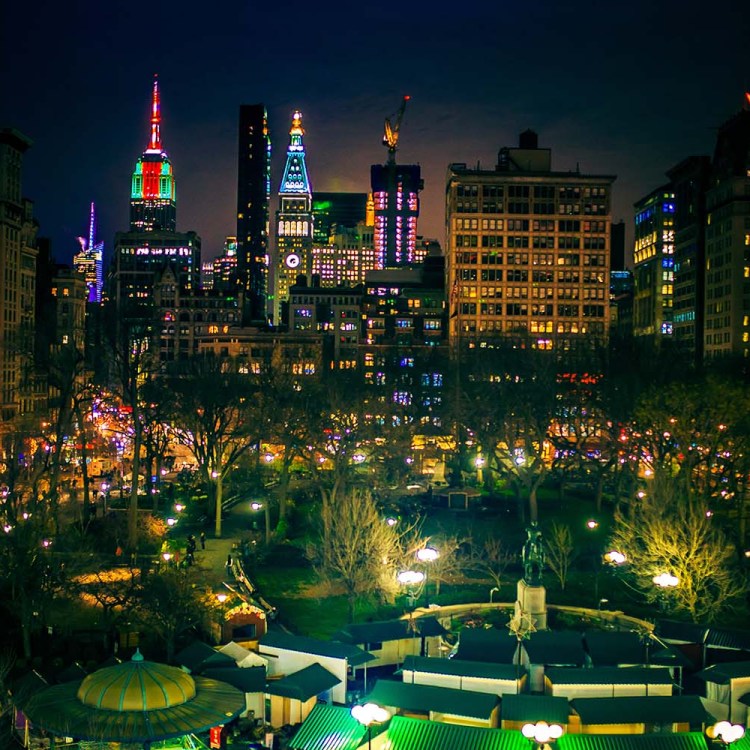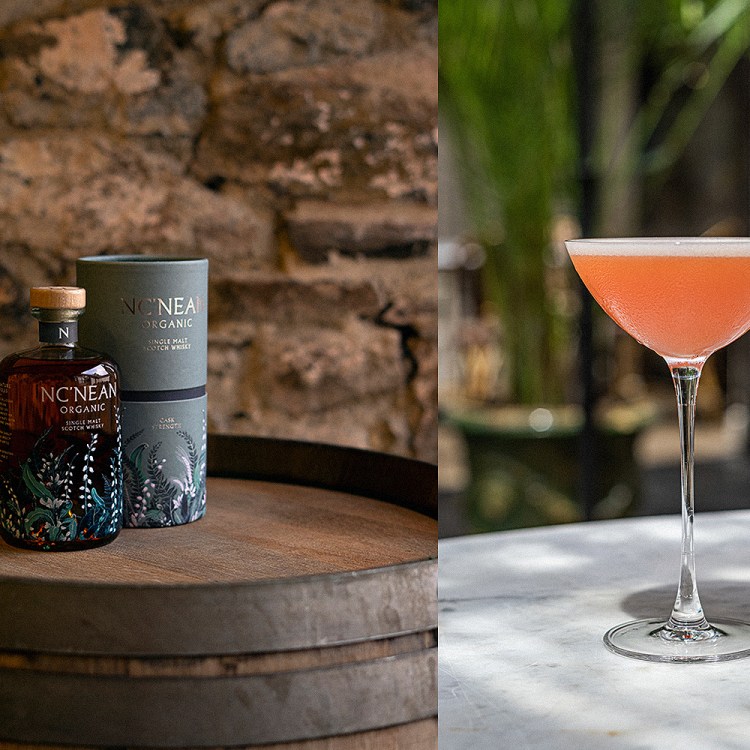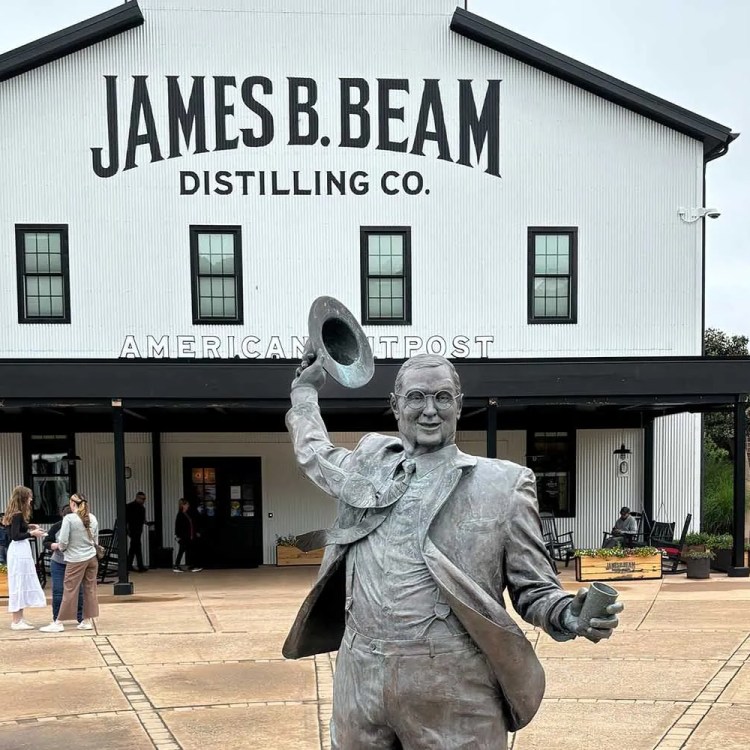Grenada doesn’t have a reputation as a rum-producing nation, so when the new distillery Renegade Rum opened shop, real rum heads took notice. Founded by Mark Raynier of Bruichladdich and Waterford Whisky fame, Renegade Rum shares a similar, terroir-driven ethos.
But to see this vision through, Renegade’s had to revitalize sugar cane cultivation in Grenada. Can agriculture in Grenada provide enough fresh cane for the distillery to be viable? And does terroir actually influence distilled rum? I traveled to the island to find out.
Having only gained its independence from England in 1974, colonial history remains within the living memory of many Grenadians. As a visitor, you’ll quickly notice cars driving down the left side of the road and British-style electrical outlets. And French names for towns and streets point to Grenada’s existence as a French agricultural colony before the British took control.
Rum has never been produced and exported out of Grenada on the scale of other Caribbean islands, despite being distilled there for centuries. “It’s called the Spice Isle for a reason. Sugarcane was never a major crop in Grenada,” says Ed Hamilton, a Caribbean rum expert and importer. “The terrain just made it too difficult to cultivate and harvest. It’s just not suited for heavy equipment.”
The 24 Most Interesting Rums
Our list favors diversity in distillers, flavors and locations — and eschews pirates.But what makes cane cultivation difficult in Grenada is what drew Renegade to the island. From coastal plains to the mountainous interior, Grenada has a plethora of microclimates, each with its own terroir. The island also has volcanic origins that have created a diversity of soil types. For such a small island, there are many different options for terroir.
My first stop was Westerhall Estate, where I was to meet Jane Nurse, local Grenadian and publicity manager at Renegade Rum, along with Duncan Butler, the general manager of their sister company CaneCo.
Westerhall is one of the island’s most recognizable rum producers, but like many of their contemporaries, they import already-distilled rum and focus on blending, aging and bottling. “Westerhall knows what they’re doing and who they’re selling to,” Butler says. “They have a strong local customer base.”
Behind the nondescript office building and warehouses that contain the modern Westerhall facility lie the ruins of their old distillery. The water wheel and stills are prominent, though now they are entirely coated in rust and sprouting weeds. Walking past the old equipment elicits the same feeling as a stroll through a graveyard — only this one commemorates the decline of rum distillation in Grenada.
Westerhall is indicative of the rum industry and cane production on the island. For most of its colonial history, Grenada was a modest yet consistent producer of sugarcane. The decline in production began with the devastation wrought by Hurricane Janet in 1955, which decimated agriculture in Grenada. At this time the island was still a part of the British Empire, but the Brits were rebuilding after the war and began to exert less influence and invest less in the colonies on the fringes of the Empire.
The people of Grenada gained their independence from the British in 1974. This led to a near-complete divestment of the island and a crippling loss of access to trade. A second, nonviolent Marxist revolution in 1979 led to much of the agricultural industry being nationalized along with land reform that further destabilized sugarcane production. The United States invaded Grenada in 1983, further disrupting the economy and agriculture. By 2001, sugarcane cultivation had ended in large parts of the Caribbean, including Grenada. “Cane production had been economically unjustifiable for many years,” Hamilton says. “And with that, they also quit making as much rum.”
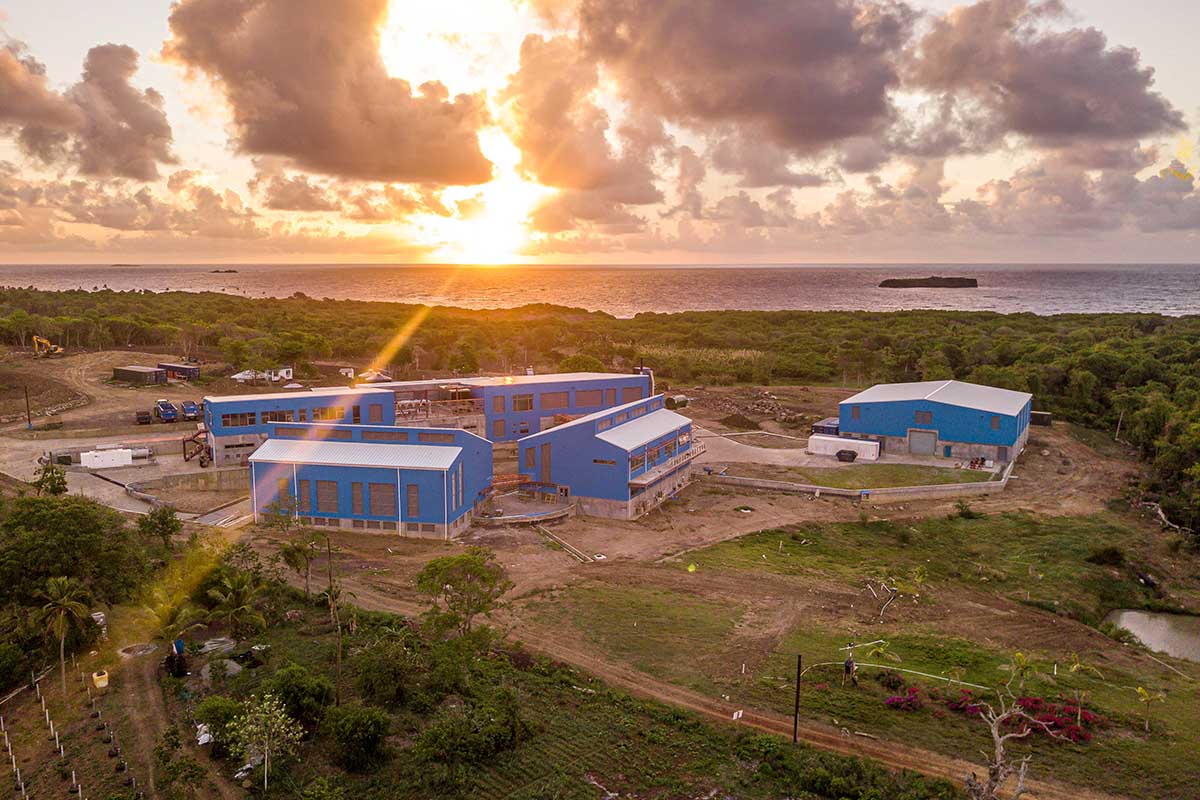
“When Renegade came in, there was no organized farming sector,” Jane Nurse says. “Most farming was done on small subsistence plots.” After attempting to encourage local farmers to grow sugarcane at the scale necessary to facilitate a modern distillery, the people behind Renegade founded CaneCo.
“We decided to rent the land ourselves and plant the cane,” Butler says. “CaneCo was a more secure way of producing cane for the distillery.”
After our meeting at Westerhall Estate, I jumped into Butler’s pickup truck so he could show me around one of their farms, known as Nursery, just down the road from where we met. Driving through the fields in a four-wheel drive, I was granted a front-row seat to this season’s cane harvest. Once cut, the cane stalks are gathered into the back of large box trucks and driven to the Renegade distillery on the Northeast side of the island.
“It’s bloody difficult what we’re doing,” Butler says. “There are very real operational challenges – one truck gets stuck in the mud and your production is down 25% for the week.” Many of their farms are rocky and on steep, muddy terrain, so all the cane has to be harvested by hand. This leaves crews of workers wading through thick mud and hacking at the cane stalks with machetes.
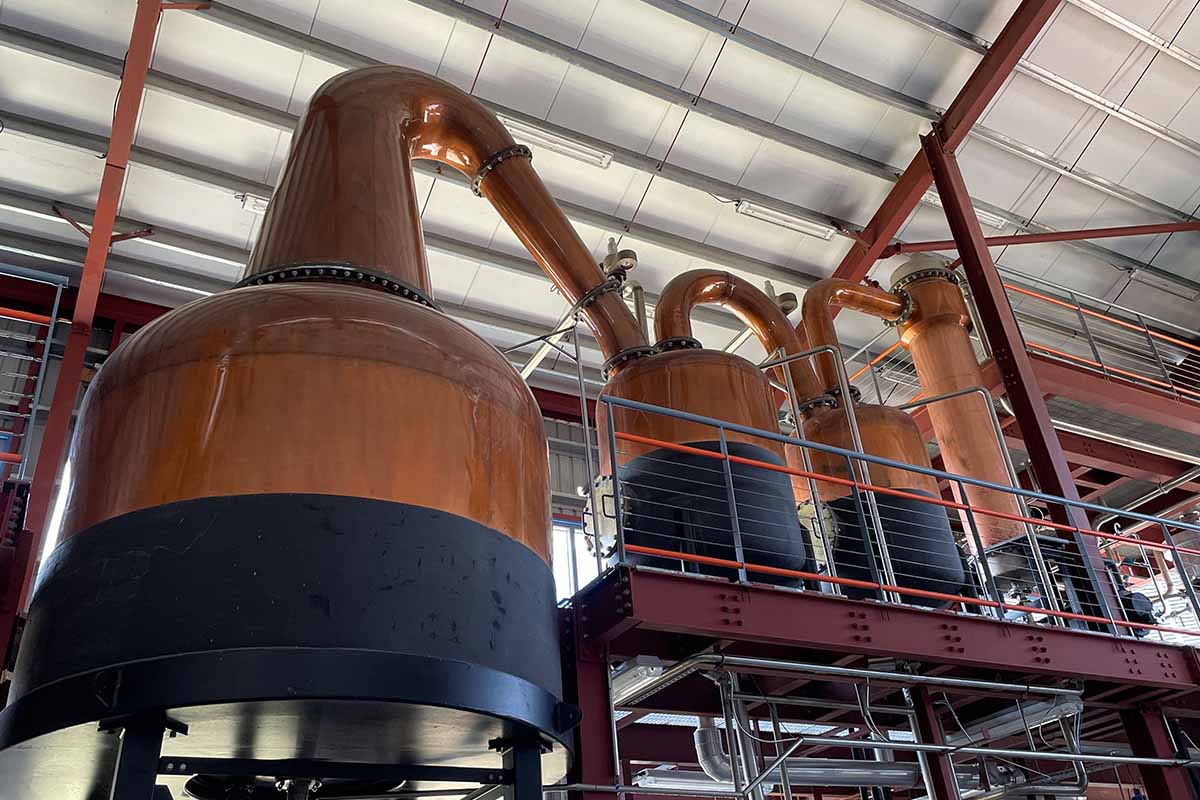
Through the decline of the Grenadian rum industry, there was one stalwart that held onto the island’s rum traditions. In operation since 1785, the River Antoine distillery has been continuously distilling rum made from fresh-pressed, locally grown cane juice and bottling it as an intense, 138-proof, unaged cane rum called River’s Rum. “People here are proud of River’s Rum,” Butler says. “It’s a Grenadian signature.”
After my tour of CaneCo’s Nursery farm and a much-needed lunch of pork roti and Ting grapefruit soda, Nurse took me to visit the River Antoine Distillery. Arriving at River Antoine is like stepping through a time portal to the early 1800s. The process by which they make their rum has remained largely unchanged since the water wheel that powers their mill was installed in 1815, and today they are the only distillery in the Caribbean that uses fully hydroelectric power. River Antoine has even maintained their own on-site farm where they produce locally grown sugarcane to supply the distillery. When Nurse and I arrived at the distillery, employees were unloading the firewood used to heat their copper pot stills and cook down the cane juice before the open-air fermentation.
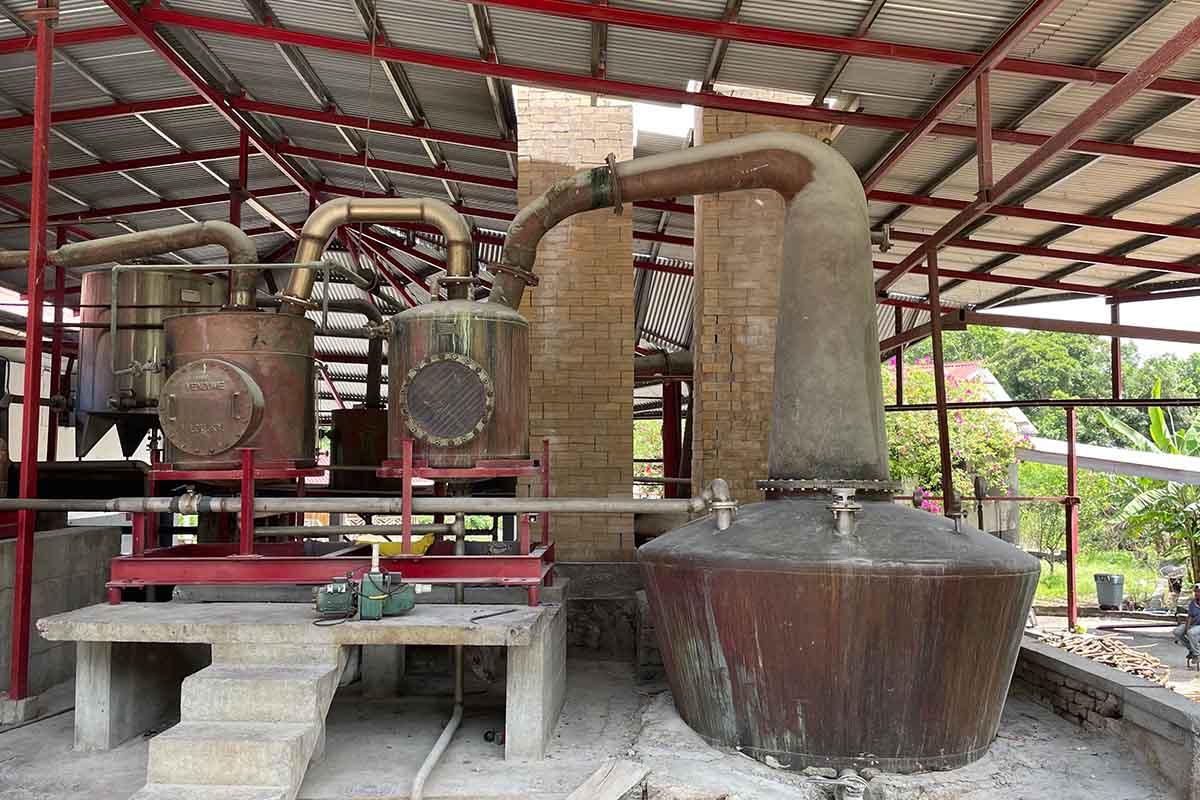
“Grenadian rum is a very local thing,” says Hamilton. “Most of it never leaves the island, and if you live near where River’s is made, that’s what you drink.” The rum they produce is singular. It has many of the sharp fruity and grassy notes that are familiar to most cane rums, but the flavors are all cranked up and there is a slightly smoky flavor note on the back end that comes from the wood fires used to power the distillery.
The next morning, Nurse and I made the trek across the island to Renegade’s distillery. Driving through the center of the island is quite the experience. The narrow roads worm their way up and down the hilly interior as lush green foliage fills the background. Dogs and goats intermittently wander onto the road while cars and trucks are constantly barreling toward each other head-on, dodging at the last second. I couldn’t help but think how difficult it would be to move truckloads of harvested cane across the island.
The site where Renegade planted its flag couldn’t be more picturesque. Located on a plateau overlooking the northeast coast of the island, the bright blue walls that house the distillery are surrounded by sugarcane almost ready for harvest. In the distance, small rocky islands stick out of the ocean while big waves crash around them.
Renegade’s distillery is the complete opposite of River Antoine. Completed in 2019, every piece of equipment is bespoke and state-of-the-art. Although there is a great deal of craft that goes into distilling, most modern distilleries are industrial facilities built for yield and efficiency. Renegade is no different. They built a hyper-efficient mill, 12 massive fermenting tanks and both a copper pot still and a column still, adding up to a $28 million price tag.
After the tour Nurse guided me through a tasting of Renegade’s pre-cask collection. These unaged, single-farm, pot-still rums are the clearest vehicle for the terroir of each farm. When comparing the rums, there are obvious and undeniable differences between each expression. Some are far more aggressive, with flavor notes of fresh-cut grass and tropical fruit. Others have a more approachable profile, showcasing ripe fruit flavors and a more floral bouquet. No matter how skeptical one may be about the concept of microclimate terroir in rum, the nuances present between each farm’s expression prove there’s something to the idea.
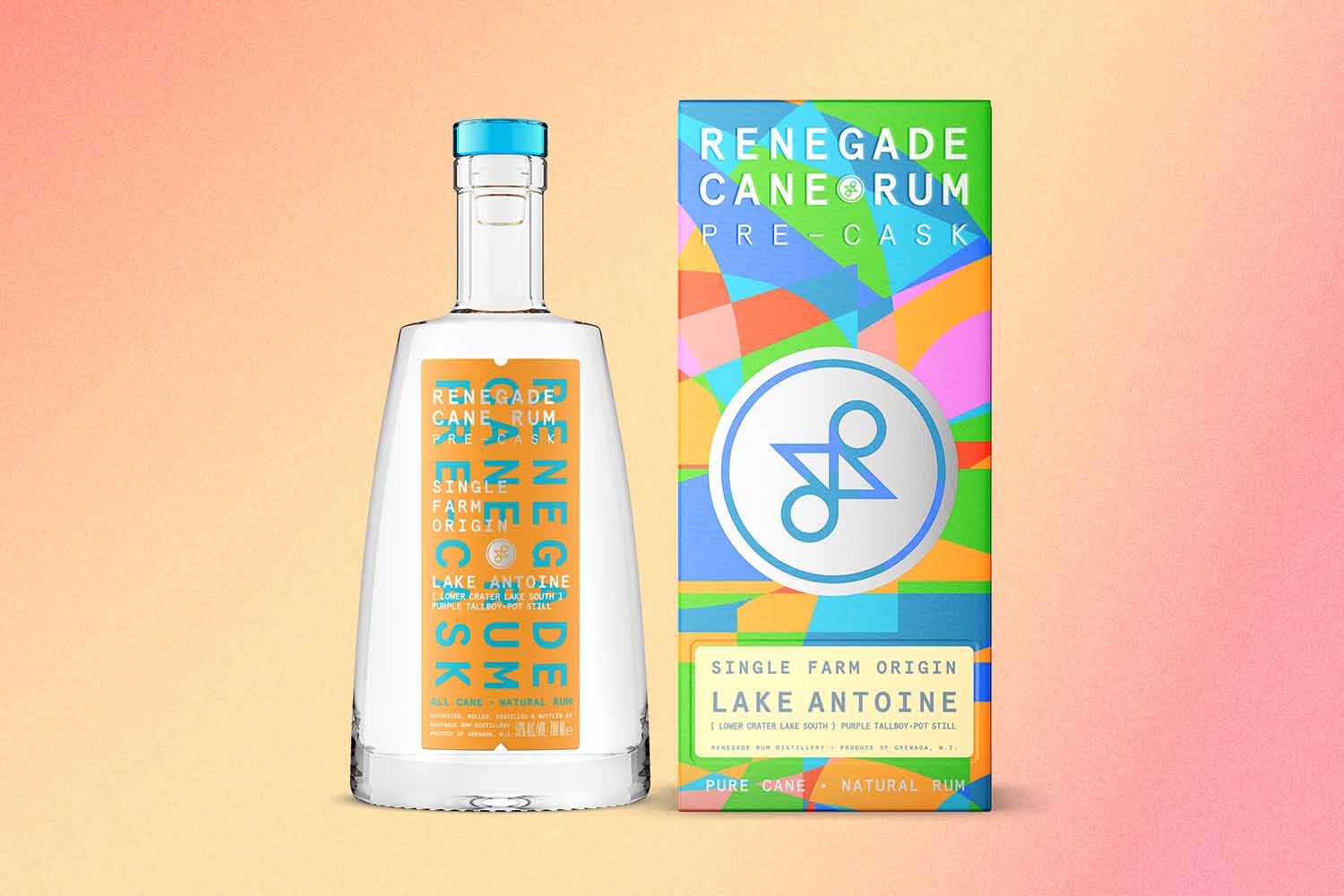
Whether Renegade will revitalize the rum industry and cane production in Grenada is yet to be seen. What’s clear is their commitment to the island and their process. “We see our island represented,” says Nurse. “Renegade has chosen to highlight Grenada and our terroir, and when you see something like this from Grenada, it feels like progress.”
“We’re visitors here by the grace of Grenada,” adds Butler. “Renegade has to make its own history. We still have to convince people that our approach is credible.” They have their work cut out for them, but Renegade is already on the right path to creating something exciting and unique that showcases the natural beauty of Grenada distilled to its essence.
Every Thursday, our resident experts see to it that you’re up to date on the latest from the world of drinks. Trend reports, bottle reviews, cocktail recipes and more. Sign up for THE SPILL now.
